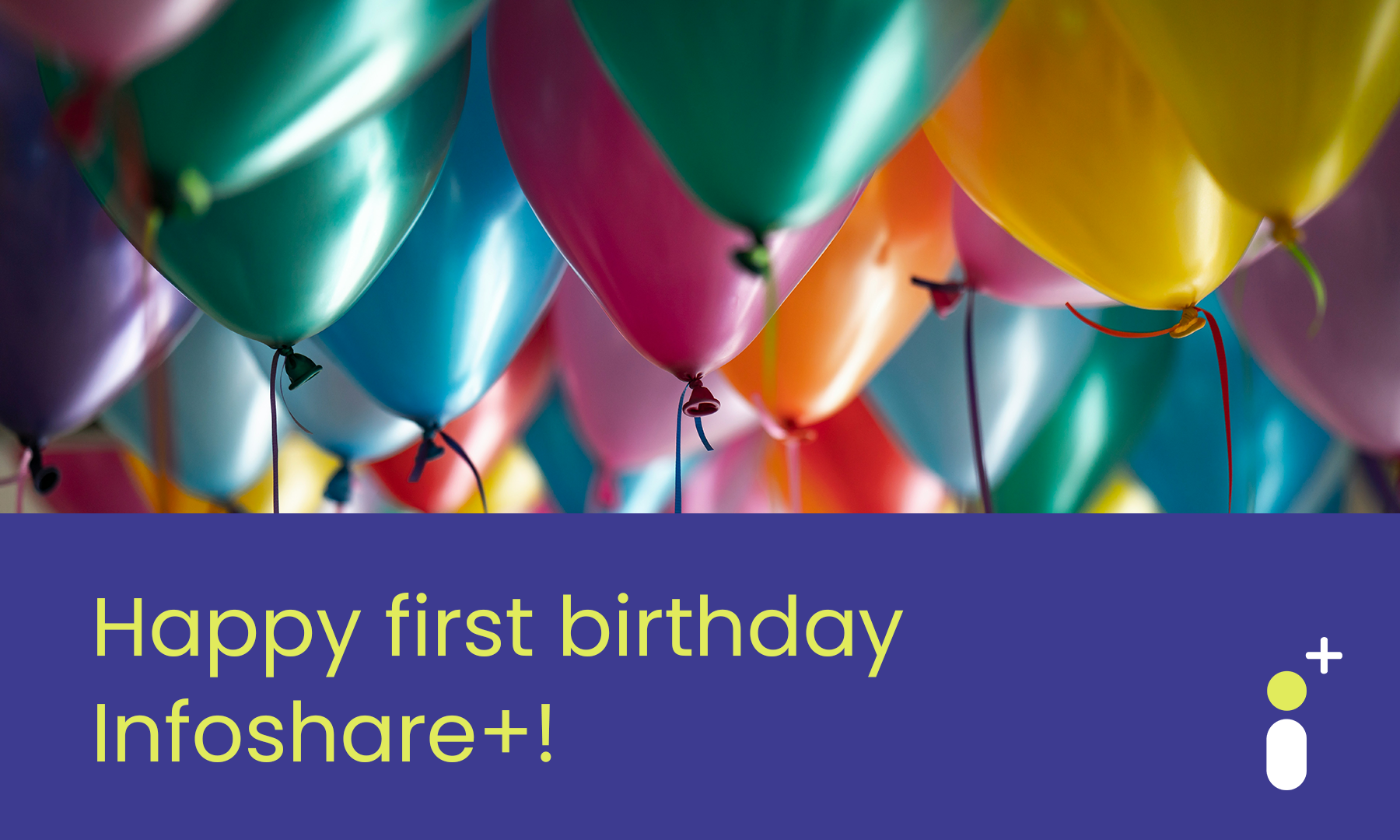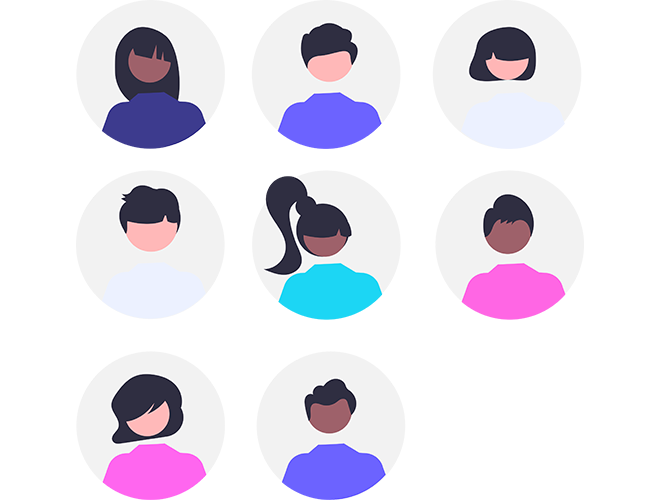New digital carers assessment tool – BetterCare Support: Carers

Over 5.8m in the UK are providing unpaid care to a friend, neighbour, or family member – nearly 1 in 10 of the UK population. Whilst this figure seems high, the true figure is likely to be much higher. The data was collected from the 2021 Census, which removed the clarification that caring for a friend, neighbour or family member made classified someone as a carer. But more crucially, unpaid carers often just don’t think of as carers – 36% say it took them over three years to consider themselves a carer.
Unpaid carers make a critical yet often overlooked contribution to society, saving the UK economy £186.3 billion a year – the equivalent of a second NHS and four times the public expenditure on adult social care services across the UK. Without their support, health and social care systems across the country would be unable to cope with the growing demand.
However, despite rights established under the Care Act 2014 – including the right to a Carer’s Assessment to identify and meet their support needs – most carers providing substantial care are not receiving this vital support. According to the Carers UK State of Caring report, only 23% have completed an assessment in the past year, and of those, 42% report receiving no follow-up or support.
As a result, many carers in the UK are feeling overwhelmed, exhausted, and facing worsening mental health – underlining the urgent need for assessments and effective support.
Introducing BetterCare Support: Carers
That’s why we’re launching BetterCare Support: Carers. Created alongside experts from Kent County Council and Kirklees Council, it’s designed specifically to improve outcomes for unpaid carers in the UK by helping local authorities offer timely, accessible, and sustainable support.
Building on the success of BetterCare Support, our care and support self-assessment platform, Kent and Kirklees partnered with us to extend its positive impact. These two tools ensure that both the carer and the cared for person can complete their self-assessments in one space, improving coordination and communication. Carers can reflect on their own needs as well as those of the person they care for, supporting a more balanced approach to care planning.
Like BetterCare Support, this new platform also acts as a central hub for relevant resources, easily accessible to both carers and those they care for.
How does it work?
The tool enables carers to complete their self-assessment online, at a time and pace that suits them. It guides them through the process with over 30 engaging, plain-English animations that explain each part of the assessment. This detailed, accessible approach encourages clearer, more considered responses that result in high quality assessments and aids more personalised, appropriate support and resources.
The platform includes information, advice and guidance to empower carers to engage with the right support. This signposting is tailored to the carer’s self-assessment responses, connecting them to relevant local (and national) support and community resources; for example, benefits information, neighbourhood networks, community groups, activities, and events.
Improving outcomes for unpaid carers
With BetterCare Support: Carers, we aim to empower carers over their own journey; prioritising their wellbeing, speeding up the assessment process, and fast-tracking support and interventions where they’re needed.
Packed with tailored local and national resource, the platform provides carers with a host of relevant support without any delay. By enabling self-assessments online, it reduces the demand at the adult social care front door – allowing staff to focus on complex cases and those most in need. This way, timely and appropriate support is available for everyone.
Guy Giles, Managing Director of Infoshare+ said:
“We’re proud to launch BetterCare Support: Carers – a significant step forward in how we support both unpaid carers and those they care for. Building on the strong foundation and proven impact of our existing BetterCare Support platform for the cared for, this new service brings the same value for carers. By promoting self-led care and better utilisation of community resources, we’re improving coordination, communication, and the ability to take a more balanced approach to care. This new addition has been co-developed with the fantastic teams at Kent and Kirklees, whose expertise has helped ensure the platform is practical, person-centred, and aligned with how local authorities support carers.”
Innovation with the Accelerate Reform Fund
The Accelerating Reform Fund (ARF), led by SCIE, has been instrumental in driving innovation and enhancing the quality of adult social care services in the UK. The fund has enabled the adult social care teams at Kent County Council and Kirklees Council to develop BetterCare Support: Carers, turning innovative ideas into practical support for unpaid carers.
Renu Purvis, Innovation and Partnership Manager at Kent County Council said:
“The shared learning from this initiative will be invaluable. It will demonstrate the importance of collaboration between Adult Social Care and Carer Organisations to achieve common goals. The digital carers self-assessment tool will not only improve the efficiency of carers assessments but also empower carers to take control of their own care. This project is a testament to the positive impact that the ARF can have on adult social care services.
“We are grateful for the support provided by SCIE and the ARF and look forward to continuing our efforts to innovate and improve the quality of care for carers.”
If you’d like to hear more about how councils are using the tool – or would like to try using it yourself – book a demo with one of our team.



